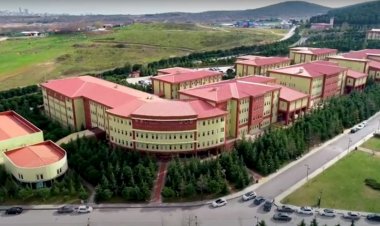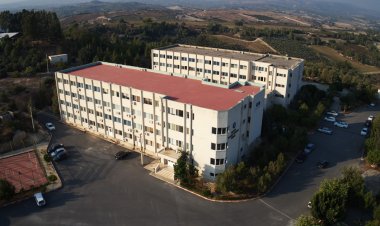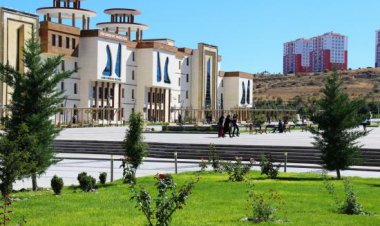Physiological and biological testing and assessment of post-traumatic stress disorder
Physiological and biological testing and assessment of post-traumatic stress disorder Bulut, Sefa; Salmanova, Kemale; Crescenzo, Pietro; Bulut, Nebahat

Physiological and biological testing and assessment of post-traumatic stress disorder Bulut, Sefa; Salmanova, Kemale; Crescenzo, Pietro; Bulut, Nebahat This review essay investigates the biological and physi-ological consequences (PTSD) of to deepen its academic understanding, alongside an analysis of psychobiologi-cal testing and assessment procedures.
Psychological responses to traumatic events can be acute stress reactions or stress disorders. One among them is post-traumatic stress disorder (PTSD)When people experience a trau-matic event, such as death, terror, or physical injury, they tend to demonstrate fear, helplessness, or hopelessness. Patients displaying other symptoms like re-experiencing the trauma, avoidance, or hyper-arousal also indicate PTSD. Experiencing extended PTSD may cause signifi-cant health problems, whether biological, such as the dysfunction of stress-responsive neurobiological sys-tems, or physiological, such as hypertension and heart disease. Previous studies of trauma survivors reported a strong link between physical and mental health. The cumulative literature in psychology shows that traumatic exposure can cause disturbing effects in the short and long term.
This review will contribute to developing an understanding of the biological markers of PTSD. This paper specifically deals with biological and physiologi-cal testing and assessment of PTSD. It includes widely utilized biological assessments and summarizes a general multi-model assessment to identify PTSD symptoms.; As respostas psicológicas a eventos traumáticos po-dem levar a estresse agudo,transtornos de estresseou transtorno de estresse pós-traumático(TEPT).
Quandoaspessoas vivenciam um evento traumático, como a morte de umentequerido,terror ou danos físicos, elas tendem a demonstrar medo, desamparo ou desesperança. Mostrar outros sintomas, como reviver essas experiên-cias, evitação ouhiperexcitação, indica TEPT. Sofrer de tept de longa duração pode causar problemas de saúde significativos, sejam eles biológicos, como disfunção de sistemas neurobiológicos sensíveis ao estresse; ou fisiológicos, como hipertensão e doenças cardíacas. No entanto, a literatura psicológica deixa pouco ou nenhum espaço para a discussão de tais consequências para a saúde. Para fornecer informações sobre esse tópico, a presente revisão tem como objetivo investigar as consequências biológicas e fisiológicas do tept, assim como testes e avaliações psicobiológicas relacionados. Esta revisão de literatura pode contribuir para odesen-volvimento de biomarcadores para TEPT.; Las respuestas psicológicas a acontecimientos traumá-ticos pueden dar lugar a estrés agudo, trastornos de estréso trastornos de estrés postraumático (TEPT). Cuando las personas experimentan un evento traumático, como la muerte de un ser querido, terror o daño físico, tienden a mostrar miedo, impotencia o desesperanza. Mostrarotros síntomas como volver a vivir aquellas experien-cias, evasión o hiperexcitaciónindica TEPT. Sufrir el TEPT a largo plazo puede causar problemas de saludimportantes, ya sean biológicos, como la disfunción de los sistemas neurobiológicos sensibles al estrés; o fisiológicos, como la hipertensión y enfermedades cardíacas. Sin embargo, la literatura psicológica deja poco o ningún espacio para tales consecuencias sobre la salud. Para proporcionar información sobre este te-ma, la presente revisión tiene como objetivo investigar las consecuencias biológicas y fisiológicas del TEPT,y las pruebas y evaluaciones psicobiológicas relacio-nadas. Esta revisión de la literatura puede contribuir al desarrollo de marcadores biológicos de TEPT.

 Bilgi
Bilgi 















